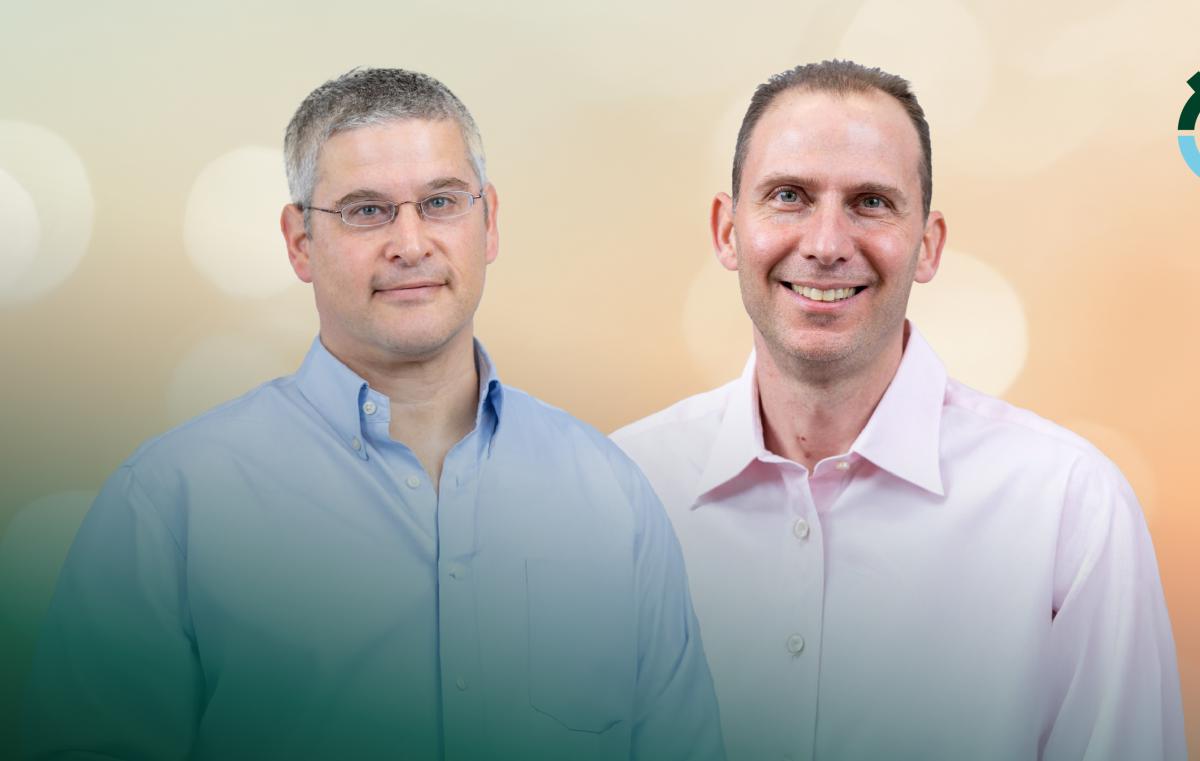BIU Secures Dual ERC POC Grants
New research projects in life sciences and law harness machine learning to tackle real-world challenges—from fighting cancer to making government regulations work better

Bar-Ilan University has received two prestigious Proof of Concept (PoC) grants from the European Research Council (ERC)—an achievement that highlights the university’s growing global impact at the intersection of science, technology, and policy.
The awarded projects come from two very different fields but share a common mission: turning academic discoveries into practical solutions that can improve lives.
Fighting Cancer with Next-Generation Protein Degradation
Dr. Itay Koren, from the Goodman Faculty of Life Sciences, is leading a project that could redefine how we treat cancer and other serious diseases.
His lab is working on a new method of targeted protein degradation (TPD)—a technique that tells cells to destroy harmful proteins. Until now, most TPD therapies have relied on complex biological systems that don’t work for every type of disease.
But Dr. Koren’s team has discovered an alternative: tiny peptide tags that send disease-causing proteins straight to the proteasome (the cell’s “trash can”), bypassing the older tagging mechanisms that have limited current treatments.
With support from the ERC, the team will focus on hard-to-treat targets, like the androgen receptor and BRD family proteins, which are linked to prostate and breast cancer.
“This technology could dramatically expand the universe of druggable targets,” says Dr. Koren. “We’re aiming to pioneer a new class of therapeutics that can improve precision medicine outcomes.”
Using AI to Understand—and Improve—Government Regulation
In a completely different realm, Prof. Yuval Feldman (Faculty of Law) and Prof. Yoav Goldberg (Computer Science) are using artificial intelligence to tackle a surprisingly elusive question: What makes a government regulation actually work?
Their project, BEHAVREG, applies machine learning and natural language processing (NLP) to analyze how regulations are written, enforced, and responded to by the public. Despite the massive investment in regulation around the world, there’s little concrete evidence on which regulatory strategies actually lead to compliance. “We're applying computational methods to understand patterns in regulatory success and failure,” explains Prof. Feldman, who also heads Bar-Ilan’s Voluntary Compliance Lab.
Prof. Goldberg, an expert in AI and NLP, adds:“Our goal is to identify the design features of regulations that consistently lead to behavioral change. It’s about turning data into insight—and insight into smarter policy.”
The BEHAVREG team is already exploring partnerships with international agencies to apply their findings at scale.
Real Science. Real Impact.
Both projects reflect the purpose of the ERC PoC program: to help researchers take big ideas from the lab into the real world.
-
Dr. Koren’s work could unlock a new generation of cancer treatments, especially for diseases that don’t respond to existing therapies.
-
Prof. Feldman and Prof. Goldberg’s AI-driven policy tool could help governments write smarter regulations—impacting public health, safety, environmental policy, and beyond.
With these new grants, Bar-Ilan University strengthens its reputation as a hub for transformational research that bridges disciplines and creates tools for a better future.